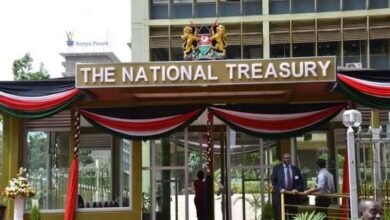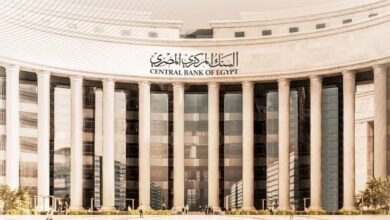
The accelerated issuance of foreign currency-denominated debt has led to an increasing pace of sovereign credit rating assessments by the International Credit Rating Agencies (CRA).
The report by the United Nations Development Programme (UNDP) Regional Bureau for Africa, reveals discriminatory ratings on sovereign bonds in African States.
A case in point is Kenya which according to UNDP, is paying more on sovereign bonds in domestic currency to the tune of Ksh.160 billion.
Kenya could have the potential to access a further Ksh.312.5 billion (USD 2178 million) in sovereign bonds if fairly rated.
“African nations could access an additional US$31 billion in new financing for sovereign credit if credit ratings were based more closely on economic fundamentals and less on subjective assessments,” reads the report in part.
South Africa’s unfair rating has seen its debt servicing cost shoot to Ksh.1 trillion (USD 7 096 million), the highest out of 13 African countries that are unfairly rated.
It is followed by Egypt at Ksh.395.7 billion (USD 2757 million), Nigeria at Ksh.208 billion (USD 1452 million) and Morocco at Ksh.92.9 billion (USD 641 million).
Out of the 13 states, the UNDP says could be saving nearly US$ 14.2 billion in total interest costs.
Overall, African countries could be drawing an additional US$ 31 billion in new financing funds available to them in domestic-currency sovereign credit.
The unfair rating is locking out potential investors, who through search for higher yields, also require higher compensation for a riskier investment associated with the lower rating.
In 2022, some countries such as Kenya and Ghana were unable to place new bonds in the international capital markets due to high expected yields from international investors, according to the African Peer Review Mechanism (APRM).
On Monday, APRM raised concerns over international Credit Rating Agencies (CRA) over their bias in awarding African states’ creditworthiness.
The AU-led agency dismissed Moody’s analysis on Kenya’s tap sale on the Ksh.40 billion Eurobond as default, terming it highly premature.
APRM said Moody’s comments ignore the ‘voluntary’ nature of the proposed bond buyback program, which allows investors the right not to participate.
Moody’s had on August 2, 2023, said it will treat Kenya’s bond buyback plan as a default.
A country’s credit rating is an indirect signal to potential equity investors considering foreign direct investment (FDI), as also confirmed by Standard and Poor’s in their review of African ratings.
This becomes especially important in situations when an external investor is unfamiliar with a specific country’s context, which is usually the case in emerging and developing markets.
Sovereign credit ratings also act as the highest benchmark for the country’s corporate and lower-level government, for example, regional or entity ratings.




